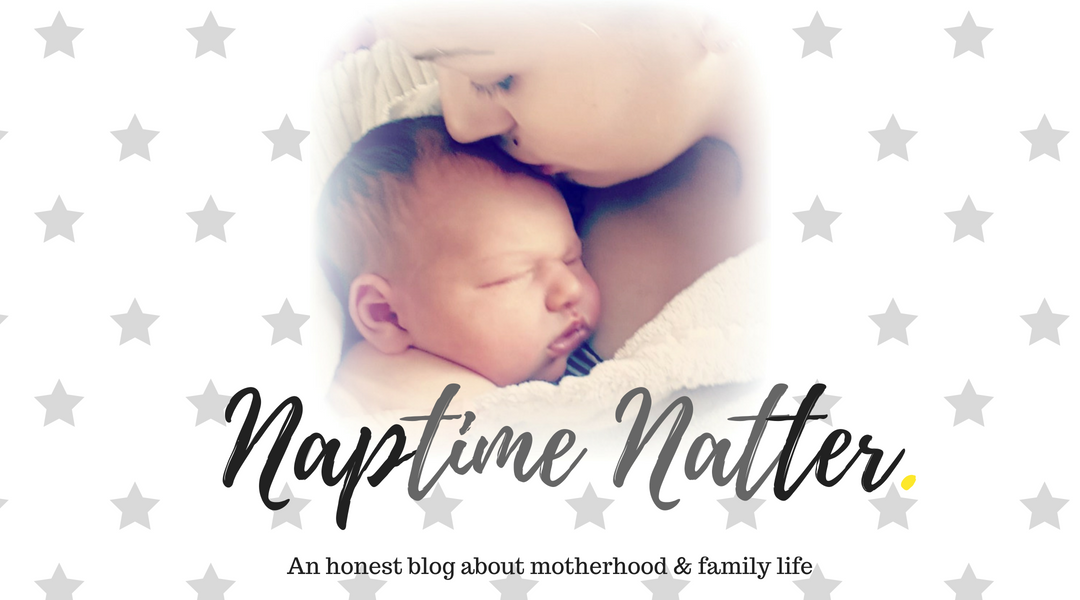
*collaborative post*
Fellow bloggers, today’s guest post is one for you! As a blogger, this website of mine is precious and I would be devastated if anything happened to it. I would honestly be distraught if I lost the years worth of words I have shared here on my blog. Keeping your blog well protected is a must and today’s post has 4 essential safety tips. Keep reading to the end and then waste no time in putting these tips into action. If you love your blog as much as I love mine, don’t hesitate in making sure it’s well protected!
4 Tips To Keep Your Blog Safe
Bloggers live their lives digitally, and their digital presence and security are closely intertwined. Being able to avoid your social media accounts and your blog getting hacked means you can be confident your resources are safe, your accounts are protected, and no one is able to gain control of your audience and exploit your followers, potentially putting them at risk.
So, how can you make sure you are keeping your blog and your social media accounts safe as a blogger so you don’t lose everything you have worked so hard for?
Update Your Software
There are many platforms bloggers use to host their blogs and spend time on the platform tools and plugins that help them make changes and improvements to the website. You need to ensure that all of the software you use is current. For WordPress users, for example, you need to update the version of WordPress you are using as often as they are rolled out. These updates address fixes required for previous versions as well as new features and changes to improve security and usability too. Leaving your blog using older software versions puts it at risk of being exploited by hackers.
Secure Your Login Details
This means for both your blog and your social media accounts. The easier it is for a hacker to log into any of your blog-related accounts, the faster you will lose access, blog authority, and people’s trust. The last thing they want is to be spammed by hackers pretending to be you or to be directed to a spammy website, thanks to a hack placed on your site.
If you use WordPress, you can use plugins to secure your login details, making it harder for people to access your blog. For other platforms, go to your provider’s settings and look at the options available for privacy security. Enable all of the options to hope you added extra security if applicable. Changing your password regularly, as well as using strong passwords (minimum of 12 characters and a mix of letters, symbols and numbers), can help you to keep your blog secure.
For your social media accounts, at a minimum, you need to be using multi-factor authentication, so if someone does have your password, they can’t log in without the generated code from the additional steps. Avoid clicking links in emails or inboxes saying you have been hacked/restricted, etc., as chances are these are scammers trying to gain access to your account, and never give anyone access that you don’t know or trust (i.e. people wanting to post directly to your page). For more tips on how to prevent your instagram from being hacked, you can read this post to secure your social media account.
Use A VPN
Many bloggers work from various locations on the go, from coffee shops to local shared wifi places. This isn’t always the safest way to get online. Using unsecured public networks can leave your details at risk of being intercepted via the network you are using. All a hacker needs is a “sniffer” program, and they can look at what is being sent via public networks. You wouldn’t even know you have fallen victim to this until it’s too late.
A VPN hides all your information as you are connected to a secure offsite server that hackers can access. The VPN will mask your blog details, the information you enter, and your IP address, making it more difficult to track you and giving you an extra layer of protection.
Don’t Click Links
We touched upon this earlier, but under no circumstances should you click any links in emails or messages that suggest that you have been compromised. Because chances are you haven’t, this is just a way to gain your details especially if you receive them via social media.
Bloggers can and are likely to get many offers of work each day, and being able to recognise legitimate requests from phishing emails, or messages can help you to protect your accounts. If you’re ever not sure, simply close the email or message and then use your usual methods of logging into accounts to see what’s going on.
Staying safe as a blogger and protecting your hard work means you can be confident that nothing untoward is going on and no one is trying to take advantage of you or take control of your blog accounts, be it your website or your social media. Using these tips and being aware of the risk presented can allow you to put the right level of security in place.
